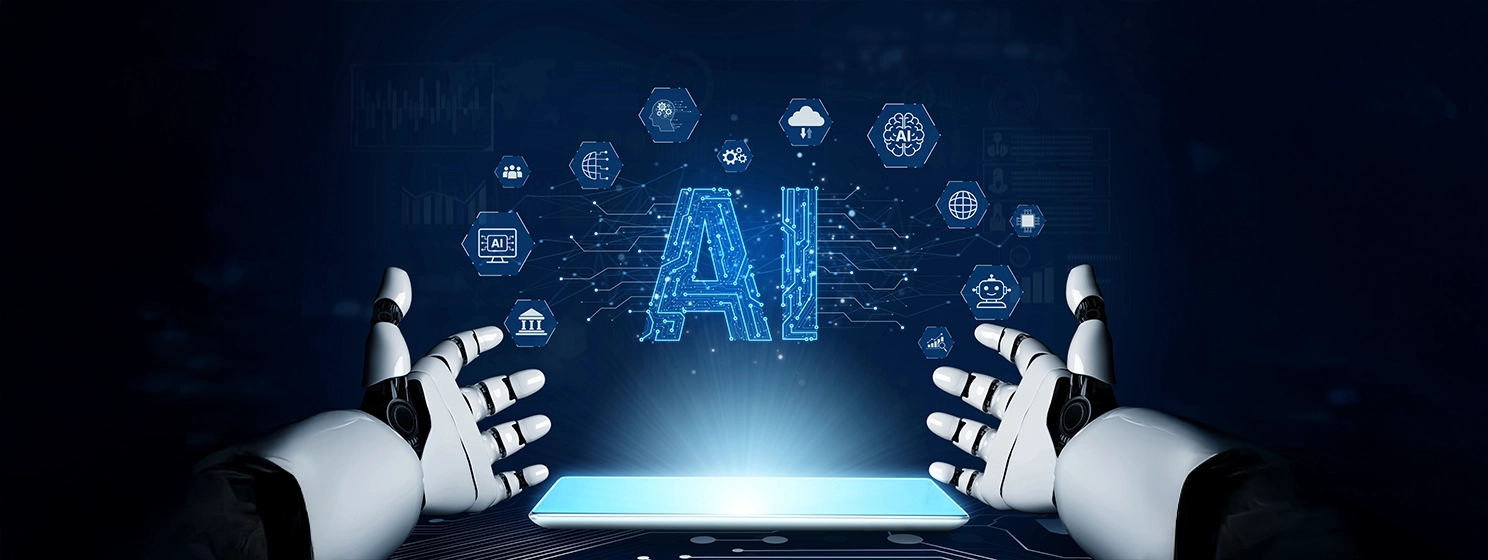|
Getting your Trinity Audio player ready...
|
Keen on protecting consumers, Japanese authorities have unveiled plans to evaluate the credibility of artificial intelligence (AI) models, pioneering a new method with minimal human interference.
- Grading AI credibility
- Japan positioning itself as AI magnet
- Sealing AI cooperation
- Advancing global AI race
The National Institute of Information and Communications Technology (NICT) will begin developing the system with an early prototype scheduled for 2025. Under the new system, existing AI models will be used to measure the credibility of other large language models (LLMs).
NICT’s AI-based evaluation method aims to determine whether an AI model provides biased answers or employs discriminatory expressions in its output. To assess the credibility, the base AI will generate a set of questions for the AI under review, gauging their user worthiness.
Additionally, it will examine AI models for the use of discriminatory expressions or private information, the inclusion of content related to criminal acts, and whether they contain elements of misinformation or unsubstantiated information.
NICT’s AI-powered evaluation will weigh responses for balance, probing AI models on their alignment with Japanese culture and nuance. Finally, models will be measured on their ability to respond to unforeseen risks while taking their “deceptive” abilities into consideration.
The evaluation standard will be double-checked by a panel of sociologists and jurists, aligning processes with international best practices. For starters, the panel will attempt to align the evaluation process with the Hiroshima AI Process and other conventions while paying attention to the peculiarities and nuances.
The results from the evaluation will be released in a specific format and are intended to serve as a guide for Japanese consumers to make an informed decision about which AI model to adopt. Since the AI boom in 2023, foreign-made AI models from the United States and China have seeped into Japan, but inconsistencies in their responses have raised eyebrows.
For instance, Chinese AI models are likely to respond in line with China’s claims, while U.S.-based models have shown a bias for Western values.
Japan’s rapid push for advanced AI
Despite playing second fiddle to the U.S. and China in terms of AI development, Japan has adopted a positive stance toward the technology. A regulatory-light approach has seen the country attract a raft of global AI investment, with the country throwing its hat in the ring for the “most AI-friendly country.”
Japan has since gone on to support innovative use cases for AI, with the country’s military integrating AI into its military operations. Furthermore, authorities are pursuing public services modernization using AI and other emerging technologies, matching the zest of the private sector.South Korea joins UAE in Big Data center push
Elsewhere, South Korea has signaled an intention to join ranks with the United Arab Emirates for its U.S.-backed Stargate project, aiming to build a 1 gigawatt data center in the Gulf country.
South Korea and the UAE have reportedly inked a strategic framework agreement pledging to deepen cooperation in AI innovation, infrastructure, and investment. Earlier, South Korean President Lee Jae-myung met with his Emirati counterpart, Mohammed bin Zayed Al Nahyan, to finalize the details of the strategic agreement.
Following the high-level meeting, South Korea will support the Stargate project with a power grid that utilizes a combination of nuclear power, gas, and other renewable energy sources. Furthermore, South Korea will support the world’s largest set of AI data centers outside the U.S. with a steady supply of semiconductors.
South Korea-based Samsung Electronics and SK Hynix have previously signed deals with the UAE to supply memory chips for the ambitious project. Announced in May, the Stargate project is backed by OpenAI, Oracle, Cisco (NASDAQ: CSCO), and SoftBank, with U.S. President Trump giving the green light.
With renewed government backing, the East Asian nation will extend its influence beyond hardware supply to include talent exchanges and academic cooperation.
The agreement suggests increased collaboration in data center engineering, AI research, and talent exchange. In terms of strategic implications, the deal offers an industrial-scale demand for Korean memory chips, serving as a boost for the country’s bid to transform itself into Asia’s undisputed leader.
Meanwhile, the UAE will have access to steady semiconductor supplies and engineering prowess from South Korea, accelerating the launch of the data center project. Pundits are tipping the arrangement to have far-reaching geopolitical benefits for the Gulf region, as countries seek to diversify their local economies.
In the short term, phase 1 of the project is targeting 200 MW coming online, with G42 disclosing plans for the entire project to be completed within three years.
South Korea and the UAE record impressive milestones
Both South Korea and the UAE have made significant progress with AI in recent years, with a keen interest in advancing their positions through emerging technologies. The UAE’s localized LLMs have shown promise in competing favorably with Western-made AI models, putting the Middle East on the map for technological progress.
Meanwhile, South Korea has solidified its position as a leading manufacturer of semiconductors, a key requirement for AI innovation. Since the start of the year, the country has tripled its AI spending amid a frenetic push to accelerate public sector deployment.
In order for artificial intelligence (AI) to work right within the law and thrive in the face of growing challenges, it needs to integrate an enterprise blockchain system that ensures data input quality and ownership—allowing it to keep data safe while also guaranteeing the immutability of data. Check out CoinGeek’s coverage on this emerging tech to learn more why Enterprise blockchain will be the backbone of AI.
Watch | Alex Ball on the future of tech: AI development and entrepreneurship

 02-17-2026
02-17-2026 




